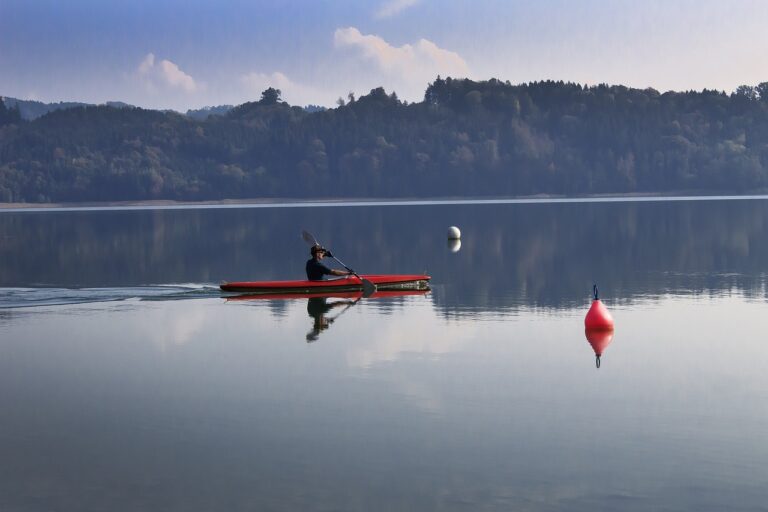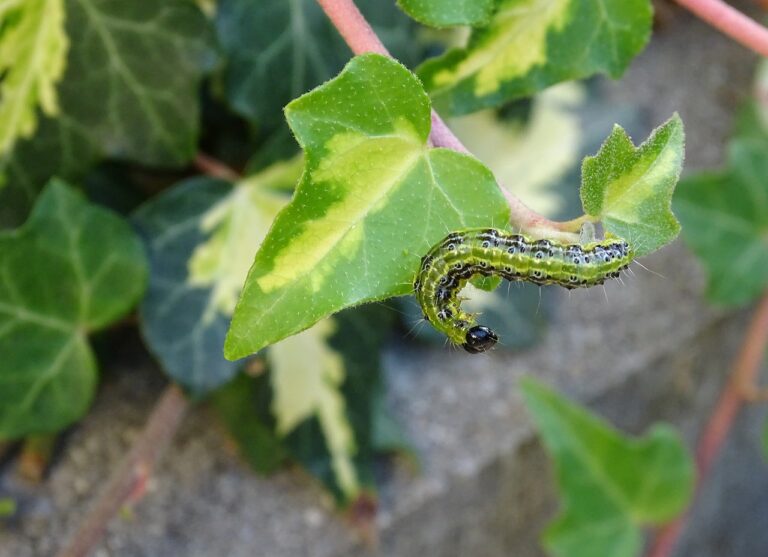The Role of Robotics, Drones, Artificial Intelligence (AI), Machine Learning (ML), Technology, and Innovation in Environmental Monitoring, Wildlife Conservation, and Habitat Restoration Projects at Summer Camps: Sky247 sign up, Diamondexch9.com login, Tigerexch vip
sky247 sign up, diamondexch9.com login, tigerexch vip: The Role of Robotics, Drones, Artificial Intelligence (AI), Machine Learning (ML), Technology, and Innovation in Environmental Monitoring, Wildlife Conservation, and Habitat Restoration Projects at Summer Camps
With the rapid advancements in technology, the way we approach environmental monitoring, wildlife conservation, and habitat restoration projects has seen a significant shift. Summer camps, which are often focused on educating and inspiring young individuals about the environment, have started incorporating cutting-edge technologies such as robotics, drones, artificial intelligence (AI), and machine learning (ML) into their programs. These technologies play a crucial role in enhancing the effectiveness and efficiency of these projects, ultimately contributing to a more sustainable future.
Robotics: Robotics has revolutionized environmental monitoring by enabling the automation of tasks that were previously time-consuming and labor-intensive. At summer camps, robotics are used to collect data on various aspects of the environment, such as air quality, water quality, and biodiversity. Through the use of sensors and other technologies, robots can gather valuable information that helps researchers and campers alike gain a better understanding of their surroundings.
Drones: Drones have become indispensable tools in wildlife conservation and habitat restoration efforts. These unmanned aerial vehicles can access hard-to-reach areas and provide high-resolution images and videos that aid in monitoring wildlife populations, mapping habitats, and assessing the impact of human activities on the environment. By incorporating drones into summer camp programs, campers can learn how to operate this technology responsibly and ethically.
Artificial Intelligence (AI) and Machine Learning (ML): AI and ML algorithms are being used to analyze vast amounts of data collected through environmental monitoring and wildlife conservation projects. These technologies can detect patterns, trends, and anomalies that humans may overlook, leading to more informed decision-making processes. At summer camps, campers can gain hands-on experience in using AI and ML tools to decipher complex environmental data and develop solutions to pressing conservation challenges.
Technology and Innovation: The integration of technology and innovation in environmental projects at summer camps fosters creativity and critical thinking among campers. By exploring new technologies and experimenting with novel ideas, young individuals can develop a deeper appreciation for nature and a stronger commitment to preserving the environment. Summer camps serve as breeding grounds for the next generation of environmental stewards who are equipped with the skills and knowledge to address environmental issues using innovative solutions.
FAQs:
1. How can robotics enhance environmental monitoring at summer camps?
Robotics can automate data collection processes, enabling campers to gather valuable information on the environment more efficiently.
2. What role do drones play in wildlife conservation efforts at summer camps?
Drones provide access to remote areas and capture detailed imagery that helps monitor wildlife populations and map habitats.
3. How do AI and ML contribute to environmental projects at summer camps?
AI and ML algorithms analyze data to identify patterns and trends, facilitating informed decision-making in conservation efforts.
4. Why is technology and innovation important in summer camp programs?
Technology and innovation spark creativity and critical thinking, empowering campers to develop solutions to environmental challenges using cutting-edge tools.
In conclusion, the integration of robotics, drones, AI, ML, technology, and innovation in environmental monitoring, wildlife conservation, and habitat restoration projects at summer camps is instrumental in fostering a deeper understanding of the environment and inspiring the next generation of environmental leaders. By leveraging these technologies, summer camps can provide campers with valuable hands-on experiences that equip them with the skills and knowledge needed to protect and preserve our planet for future generations.







